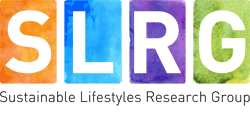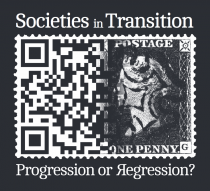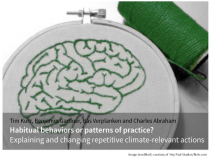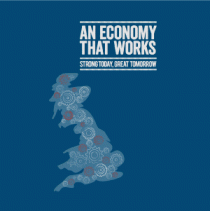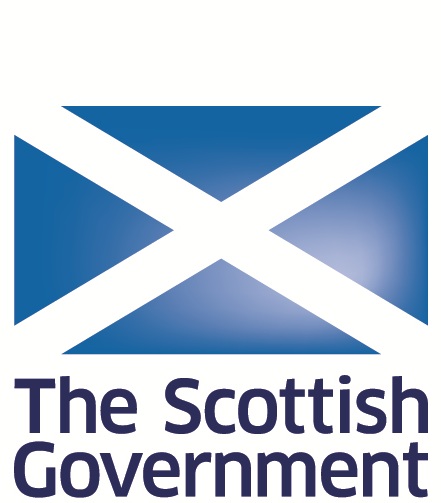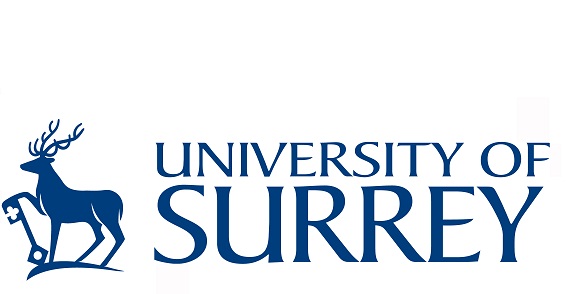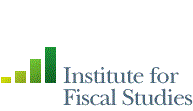- About
- Team
- Projects
- Children and the Environment
- ELiCiT (Exploring lifestyle changes in transition)
- Foundations for Sustainable Living
- HABITs
- Mapping Rebound Effects
- PASSAGE (Prosperity and Sustainability in the Green Economy)
- Policy Dialogue
- Price Responsiveness of Demand in Energy
- Resilience and Sustainable Lifestyles
- Sustainability Transitions in Food Systems
- Sustainable Living in Remote Rural Scotland
- Publications
- News
- Events
Sustainable Living in Remote Rural Scotland
Project Team: Emily Creamer, Simon Allen and Claire Haggett (University of Edinburgh)



Audio: Emily Craemer, Project Summary for SLRG Dissemination Event | 3 June 2014
Employing a qualitative approach, this PhD research investigated the role of Scottish Government funded community-led initiatives in encouraging more sustainable lifestyles in remote rural Scotland.
A critical analysis of the rhetoric and reality of the role that community plays in sustainability policy revealed that the notion of ‘the community’ as a fixed, place-based entity is at odds with the inconsistent, multi-layered, heterogeneous reality of community encountered in this study. During participant observation with two community-led groups, it was observed that only a small minority of the members of the geographically-defined communities were actively involved in the groups’ activities or objectives. Whilst the members of each group displayed many features of ‘a community’, they were only a sub-community of the geographically-defined community they ostensibly intended to represent. An observed consequence was that, whilst the initiatives had successfully implemented low carbon projects at a community scale, there was a lack of evidence that these initiatives were strengthening or empowering the geographically-defined communities. It was observed that, if any form of community was being empowered by the funding, it was the sub-community formed by the active members of each group. Existing literature suggests that this creation of ‘pockets of social capital’ may even have the potential to be a divisive element within the wider community.
Further to this, it was also observed that the receipt of grant funding for community projects weakened the groups’ ability to engage with the wider geographic community in several ways. First, the timescales within which many funding bodies require tangible outcomes from individual projects were seen to be discordant with the long-term sustainability goals of the community-led groups. Second, the administrative requirements that accompany funding mean that groups must spend a large proportion of their time completing audits, progress reports, and other paperwork. This reduces the time and resources available for more ‘hands on’ community participation activities and lessens the visibility of the group within the community. Third, competition to secure funding was observed to cause rifts and rivalries between the case study groups and other local community groups which resulted in less open and inclusive attitudes, stifling local collaboration and leading to duplication of efforts.
These observations raise questions about the intended purpose and ambitions of policy to encourage community-led initiatives, a key cornerstone of which is often building social capital and empowering communities. It is argued that there is a need for a more nuanced understanding of the way in which ‘community’ is invoked within sustainability policy. If policy is to effectively encourage more sustainable lifestyles, there is a need to design initiatives which go beyond those that simply employ communities as the means by which to deliver carbon emissions reductions, and emphasise the importance of building a sense of community as a policy end in itself.
Contact:
If you have further questions please contact Emily Creamer or Simon Allen.
